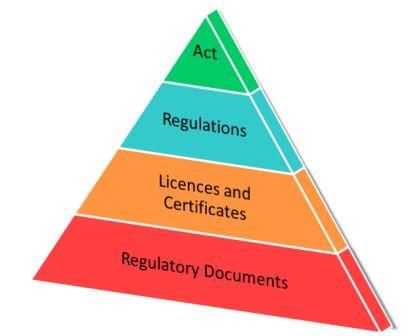As technology continues to evolve at an unprecedented pace, the tech industry has a responsibility to prioritize environmental and regulatory compliance. This article explores the significance of adhering to environmental and regulatory standards, and the impact it has on sustainable practices within the tech sector.
The Environmental Risks of the Tech Industry
The tech industry, despite its positive contribution to global development, faces several environmental challenges. The manufacturing and disposal of electronic devices, for instance, generate significant amounts of e-waste, which can lead to soil and water pollution if not managed properly. Additionally, the high energy consumption of data centers and server farms contributes to greenhouse gas emissions and increases the carbon footprint of the industry.
By embracing environmental and regulatory compliance, the tech industry can reduce its environmental impact. This involves implementing sustainable practices throughout the product lifecycle – from design and production to use and eventual disposal.
Regulatory Compliance Frameworks
Various regulatory bodies and organizations have established frameworks to promote environmental compliance and sustainability within the tech industry. One such example is the Restriction of Hazardous Substances (RoHS) directive, which restricts the use of hazardous materials in electronic devices sold within the European Union, safeguarding both human health and the environment.
Other frameworks include the Waste Electrical and Electronic Equipment (WEEE) directive, which requires proper collection and recycling of electronic waste, and the Energy Star certification program, which promotes energy-efficient devices. Compliance with these frameworks ensures that products are environmentally safe and energy-efficient, reducing the negative impact on the planet.
The Benefits of Environmental Compliance
Adhering to environmental compliance not only protects the environment but also brings numerous benefits to tech companies.
1. Enhanced Reputation and Brand Value
Consumers increasingly prioritize sustainability and ethical practices when making purchasing decisions. By prioritizing environmental compliance, tech companies can enhance their reputation and build brand value. Consumers are more likely to support businesses demonstrating a commitment to environmental responsibility, leading to increased customer loyalty and trust.
2. Cost Savings and Efficiency
Implementing energy-efficient practices and reducing waste not only contributes to environmental sustainability but also brings about cost savings. By optimizing energy consumption and adopting sustainable manufacturing processes, tech companies can minimize operational expenses and increase efficiency.
3. Access to New Markets
Environmental compliance opens doors to new markets. Many countries and regions have stringent regulations in place, requiring tech products to meet specific environmental standards. By ensuring compliance with these regulations, tech companies can expand their market reach and secure contracts with government agencies, businesses, and organizations that prioritize sustainability.
4. Innovation and Competitive Edge
Environmental compliance fosters innovation within the tech industry. By pushing for sustainable practices, companies are driven to develop new technologies and solutions that minimize environmental impact. This pursuit of innovation strengthens the competitive edge of companies within the tech sector.
Conclusion
Environmental and regulatory compliance is crucial for the tech industry’s long-term sustainability. By embracing these standards, tech companies can protect the environment, enhance their reputation, achieve cost savings, tap into new markets, and foster innovation. Prioritizing sustainability is not only a moral responsibility but also a strategic advantage, ensuring a brighter future for both businesses and the planet.

